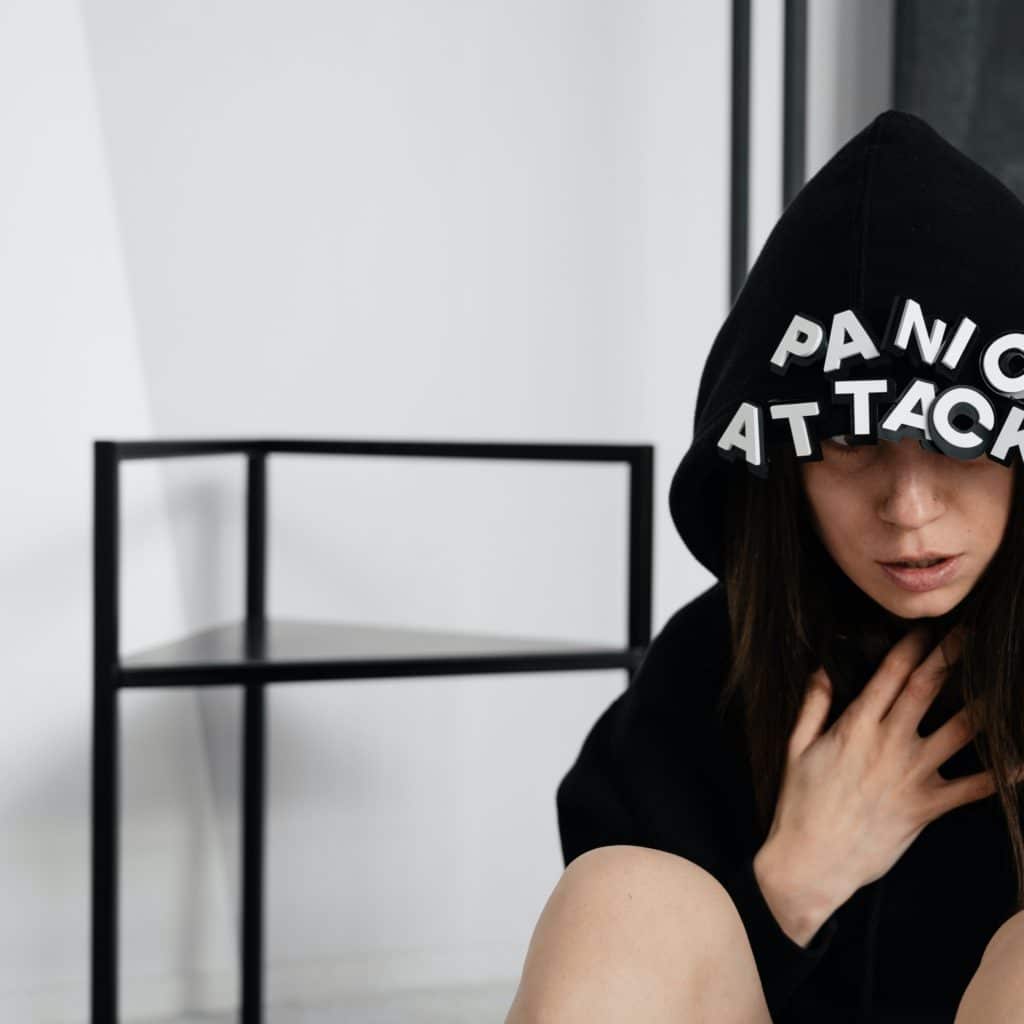Anxiety and panic attacks are both experience intense feelings of anxiety. However, there are some key differences between the two. Panic attacks tend to occur suddenly and without warning, whereas anxiety is more gradual. People with panic attacks tend to have intense feelings of fear and anxiety. These feelings can include a racing heart and chest pain. In addition, people who experience panic attacks may feel like they’re going to die or lose control. On the other hand, people who have anxiety may feel a bit uneasy.
Continue reading to learn more about the distinctions between a panic attack and anxiety.
Definitions in Clinical Practice
Medical professionals consult the Diagnostic and Statistical Manual of Mental Disorders, 5th edition, when diagnosing and treating mental health issues. The phrase “panic attack” refers to “an instantaneous surge of extreme fear or intense discomfort that reaches a peak within minutes,” according to the DSM-5. There is a link between it and panic disorder.”
Causes
The reasons, or triggers, for anxiety and panic attacks also vary. Anxiety “usually intensifies over time and is substantially connected with excessive worry about some prospective ‘threat.'” These may include disease or death or “even trivial occurrences such as being late for an appointment or other unclear consequences,” according to the University of Michigan.
However, panic episodes do not necessarily arise due to a stressor. They can be “unprovoked and unpredictable,” causing a person to seize “with horror, fear, or apprehension.”
Occurrence
There are also distinctions in how anxiety and panic attacks manifest themselves. As previously said, anxiety develops gradually over time “when we are worrying about some future event — anticipating a poor consequence that might happen,” according to Ricks Warren, Ph.D., a clinical associate professor of psychiatry at the University of Michigan.
Panic attacks, on the other hand, come on suddenly. Panic attacks, according to the source, are “short bursts of acute dread” (usually lasting less than 30 minutes) that activate the body’s fight-or-flight mode “in order to deal with the immediate threat.”
Symptoms of a Panic Attack
Although there is some overlap in symptoms between anxiety and panic attacks, there are a few that differentiate one from the other. According to ABC News, panic attacks cause people to “feel like they’re going to die, lose control, or suffer a heart attack.”
Increased heart rate, chest pain, and shortness of breath are all possible symptoms. According to the source, people may have ‘anticipatory anxiety,’ in which they worry about the next attack and may even avoid situations where past attacks have occurred.
Anxiety Symptoms
Anxiety can cause physical tension, disrupted sleep, and difficulty concentrating. It may also be irritable, restless, and easily spooked.
Anxiety can come over you gradually over some time. It might be persistent and last a long time. It differs from a sudden panic attack, where you have a brief period of intense fear and anxiety.
Treatment
While identical drugs may be administered to treat anxiety and panic episodes, counseling and self-help options vary. From one person to another
If you need help with your anxiety, contact us at kazmo Brain Center.





